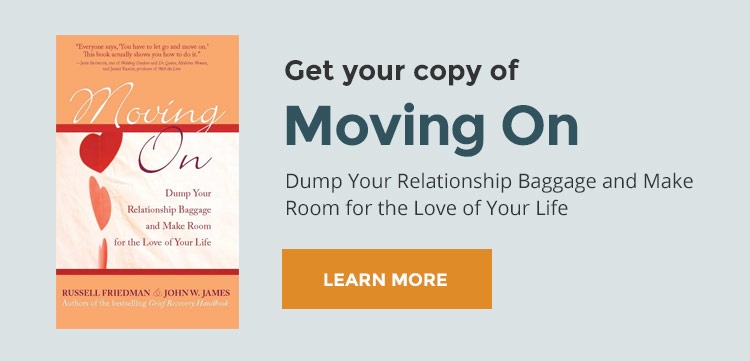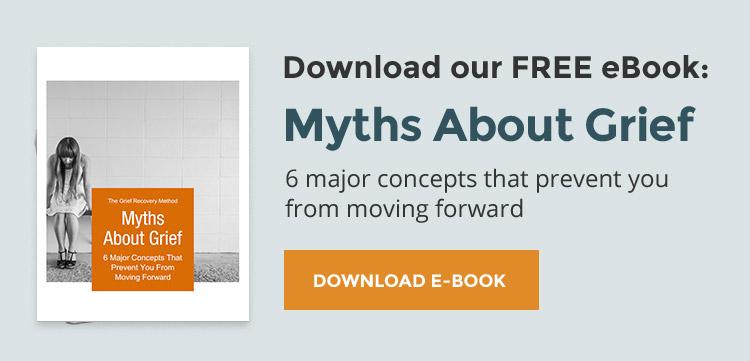Do you recall a time in the bloom of your first love when your feet barely scraped the ground and everything felt right in your world? If you remember those feelings, but the relationship that inspired them didn't make it all the way to the imagined sunset, then you've also felt the painful sting that accompanies romantic endings. Join the club. Nearly everyone else is in it. As we get older and formalize those relationships with marriage, there are often financial costs associated with membership in this completely non-exclusive club. Some of the dues are moderate, while others are very expensive. But all exact a high emotional price. Even when you believe that you have escaped a difficult and painful future, there has still been an emotional impact that will surface later at a time when you are not expecting it. In fact, your reaction to the end of that first love is the one that sets the tone for those that follow.
Typically, first loves and first endings happen in the teenage years. All boys and girls are naturally affected by sad endings, but are also strongly influenced by the responses of friends and family. Unfortunately, a great deal of what is said to heartbroken teens is not helpful, either in the short-term or for the future. "Don't feel bad, there are plenty of fish in the sea," is the most common of the clichés told to youngsters devastated by a painful breakup. For many, this odd phrase signals the first time they realized they were dating a fish. Humor aside, the two messages built into the seemingly harmless and silly saying are that you shouldn't feel sad, despite the clear fact that feeling sad is the natural reaction to a romantic ending; and that you should go right out, replace the loss, and find a new someone special to share your life with. Without being overly sardonic, we'd suggest that most people don't tell you to go out and find a new mom right after your mother dies. Although, you might be surprised to hear how soon after the death of a spouse a grieving widow is advised to find a new companion. But it does make sense if the occasion of our first love lost was greeted with the fish story.
To add to the dilemma, the idea of not feeling bad and replacing the loss with a new fishis usually a repeat of a message attached to another painful loss, perhaps earlier in childhood. When a cherished pet dies, children often hear, "Don't feel bad, on Saturday we'll get you a new dog." Both messages are incorrect and unhelpful, but the repetition makes them sound as if they are truthful and valuable. The unsuspecting and vulnerable child is convinced that feeling bad is bad and that he or she should immediately acquire a new one of what was lost, without any actions to complete the emotions attached to the endings. Those two ideas are crippling enough on their own. But when lingering painful feelings persist, the child is told, "Time heals all wounds." The trusting child takes in this false idea as valid because family and friends have said it is true. So they wait to feel better. And they wait and they wait. But they don't feel better. After more time passes and the hurt persists, they stop talking about how bad they feel, afraid that they will be judged for continuing to feel bad. They start to say "I'm fine" when they are really hurting inside. Talk about a trap. Harry Houdini himself couldn't wriggle out of this box at the bottom of an emotional ocean filled with well-meaning but ineffective advice. You don't need magic to complete the pain of a broken heart. What you need is a practical set of tools and better ideas for completing the pain caused by the ending. While well-meaning friends tell you to "let go and move on," they rarely tell you exactly what it is you need to let go of and how to do that. You don't need to reinvent the emotional wheel - just get a copy of The Grief Recovery Handbook.
You may also find this article useful information, Dealing-Grief-and-Loss-Why-People-Try-and-Replace-Loss Grief Myths
























Add new comment